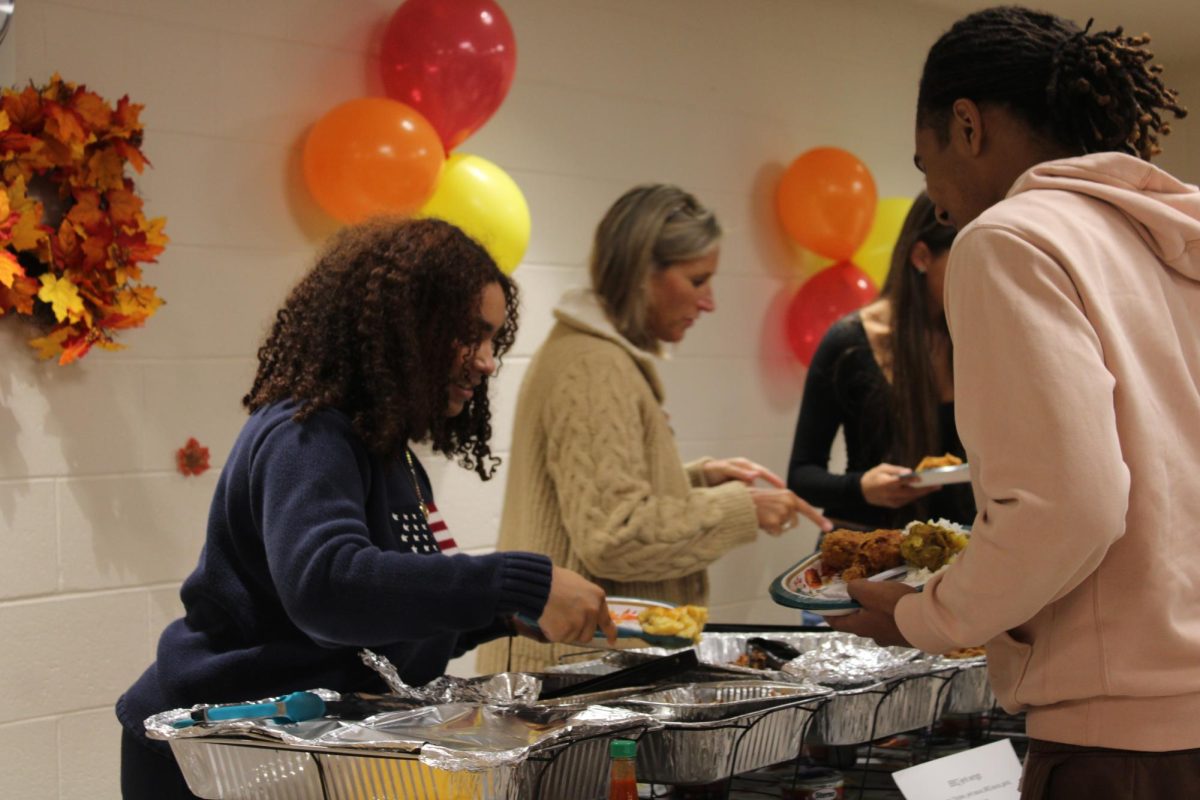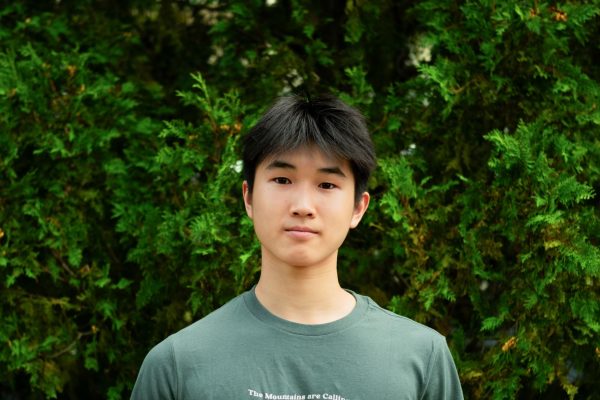By Ryan Ding, Staff Reporter
Following the retirement of previous track and field head coach Mark Carberry, Alexander Foulke took over the position as the track and field head coach this year.
Foulke started track in his junior year of high school and sprinted throughout college at West Chester University, competing in the 100-meter and 200-meter dashes.
In 2017, Foulke joined Conestoga’s track and field program as the assistant sprints coach. As the new head coach, Foulke aims to make a few small but effective changes to the program.
“I’m not trying to change a whole lot,” Foulke said. “When I got in, one of the things I noticed was the team really felt like it was broken up. In the past couple of years, we’ve been moving toward that idea of collectiveness and that we are a track team together, so that’s what I want to keep encouraging and pushing.”
Track and field athletes started their winter season in November. Many choose to continue until May through competing in spring track, resulting in tough seasons both physically and mentally. Foulke said that developing team unity will help with both sides of the sport.
“The more you have togetherness and the more you have athletes start to feel like they are part of something bigger than just their individual events, (the more) that’s going to give them a better mental state for them to compete in,” Foulke said.
Senior and distance runner Shane Walsh feels similarly, supporting Foulke’s approach and looking forward to a more unified team dynamic.
“Right now, I feel like sprints is their own team, distance is their own team, jumps is their own team,” Walsh said. “And I think his idea is he wants to bring everyone together into one inclusive group, making it an actual team sport, rather than just everyone go off and score their own points. I like that.”
Foulke aims to use the indoor winter track season as preparation for the outdoor spring season and avoid injuries as best as possible. Staying healthy is an important part of development, and Foulke plans to minimize damage by tailoring individual training and practices.
“The words we always use for indoor is to get them through ‘happy and healthy,’” Foulke said. “Our team is pretty big, so all of our kids have goals all over the place. But the big thing I would say is that we want our athletes to go through the indoor season happy and healthy and feeling like they had a successful season.”
Ryan Ding can be reached at [email protected].






















































































